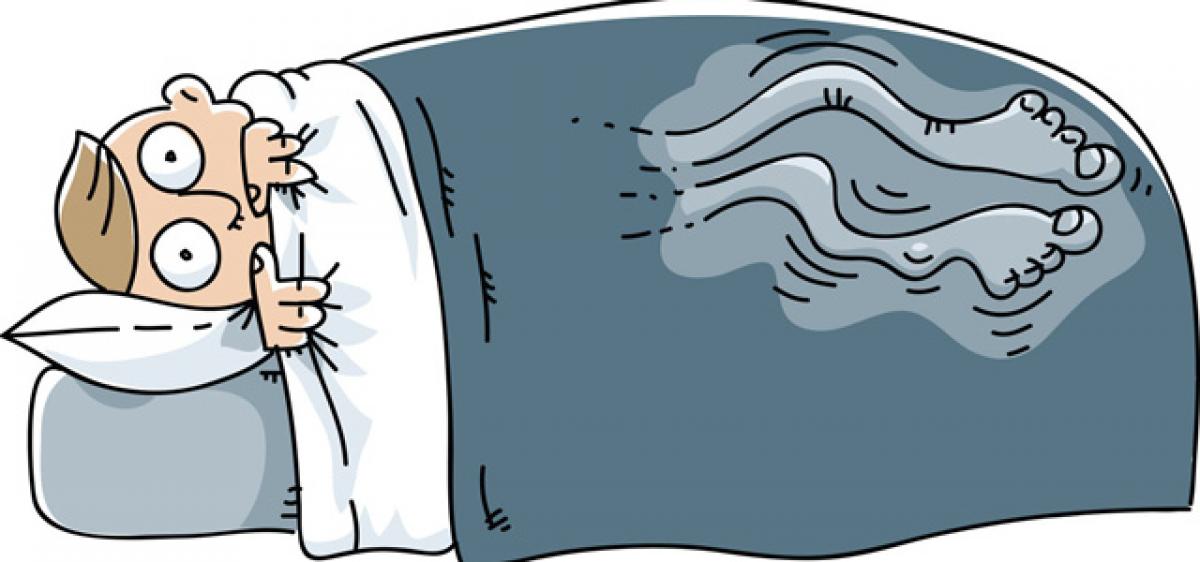Restless legs syndrome may cut sleep quality in pregnancy

Pregnant women with restless legs syndrome (RLS) are more likely to have poor sleep quality, excessive daytime sleepiness and poor daytime function, researchers say.
Pregnant women with restless legs syndrome (RLS) are more likely to have poor sleep quality, excessive daytime sleepiness and poor daytime function, researchers say.
RLS is a condition characterised by a nearly irresistible urge to move the legs, typically in the evenings. The results showed that 36 per cent of women in their third trimester experienced RLS, and half of the women with RLS had moderate to severe symptoms, at least four times per week.
"While we expected that RLS would be relatively common in pregnant women, we were surprised to observe just how many had a severe form," said lead author Galit Levi Dunietz, post-doctoral research student at the University of Michigan in Ann Arbor, US.
Compared with pregnant women without RLS, those with RLS were twice as likely to report poor sleep quality and poor daytime function, and they were also more likely to have excessive daytime sleepiness.
"These sleep-wake disturbances are considered common symptoms in pregnancy and are frequently attributed to physiological changes that occur in normal pregnancy, but our data suggests that RLS is an additional contributor to these symptoms," said Dunietz.
The high prevalence of RLS during pregnancy has been attributed to hemodynamic and hormonal changes, iron and folate metabolism, and psychomotor behaviour, the researchers said.
In addition, a positive dose-response relationship was found between RLS severity and the sleep-wake disturbances.The study, published in the Journal of Clinical Sleep Medicine, involved 1,563 pregnant women with an average age of 30 years, each of whom was in her third trimester.
According to the authors, health care providers often dismiss patient complaints of poor sleep and daytime sleepiness during pregnancy. The identification and treatment of RLS in pregnancy -- using non-pharmacological approaches -- may alleviate the burden of these symptoms for many women, the researchers suggested.














